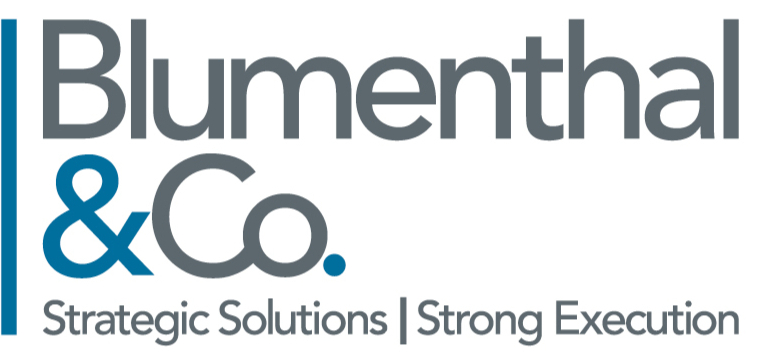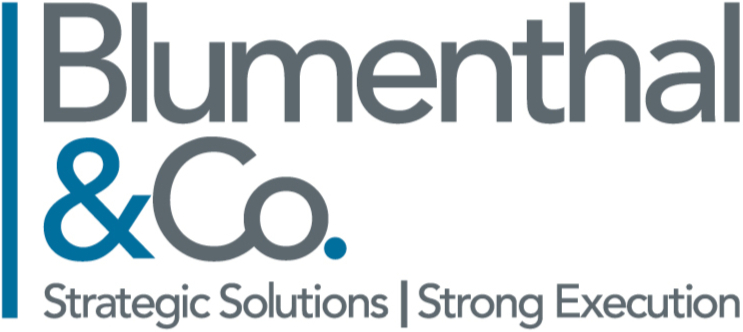Team Development
Working as a leadership team is a complex task. Everyone has good intentions, yet each member brings their own area of responsibility, priorities, and perspective on what success means. An effective leadership team knows how to operate as one: making joint decisions, staying aligned, and leading together with a strong sense of shared accountability in a dynamic and ever-changing environment. Our work with leadership teams focuses on recognizing existing patterns of interaction as a basis for understanding the team’s unique story - what drives collaboration and what holds it back - on the way to strengthening trust, cohesion, and collective performance. Our approach blends the soft work of building trust and psychological safety with the structured work of defining clear roles, agreements, and shared ways of working.

Executive Team Development
Developing a leadership team is an opportunity to pause, observe, and refine the patterns that shape how the team thinks, communicates, and works together. Each process we lead is carefully tailored to the team’s unique story, its stage of development, and the challenges it faces. Alongside creating clarity and alignment around shared goals and working agreements, we place strong emphasis on building trust and psychological safety among team members and on cultivating a mindset of shared accountability - a crucial foundation for the team’s ability to operate as one cohesive body committed to collective results.

The Five Dysfunctions of a Team
Widely recognized as one of the most effective models for building high-performing teams, the Five Dysfunctions of a Team offers a practical framework for exploring team dynamics and strengthening collaboration within leadership teams. A short, targeted diagnostic survey maps the team’s current patterns and reveals the areas that most affect its effectiveness — from trust and accountability to communication and results. Using this model, leadership teams quickly identify what holds them back and take concrete steps to build trust, ownership, and a shared commitment to achieving collective results and a healthier, more cohesive team culture.

Executive Coaching
Coaching for senior leaders is a deeply personalized process, designed around each leader’s specific context, challenges, and goals. It begins with defining a clear coaching focus or developmental gap and translating it into measurable objectives for success. From there, we accompany the leader through a journey of reflection, real-world application, and learning from experience — combining honest, precise feedback with practical tools that drive meaningful behavioral change. The result: leaders who lead with greater clarity, confidence, and presence, creating alignment and impact where it matters most.

